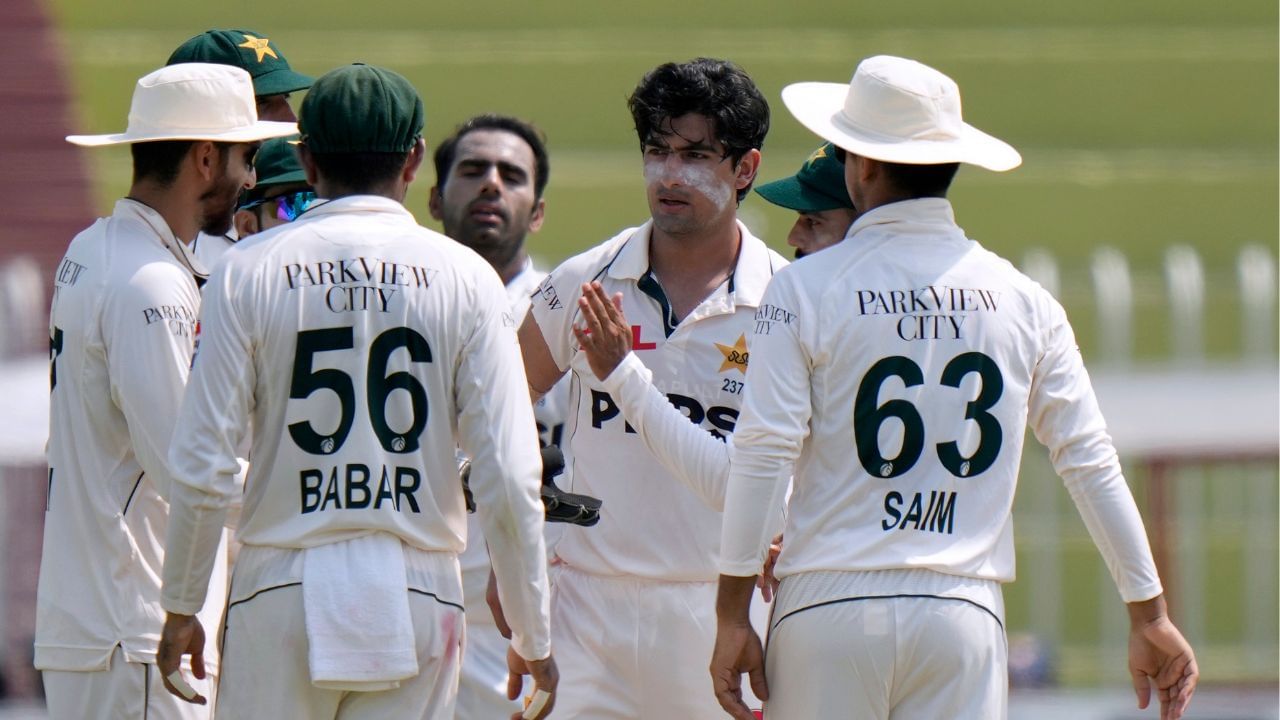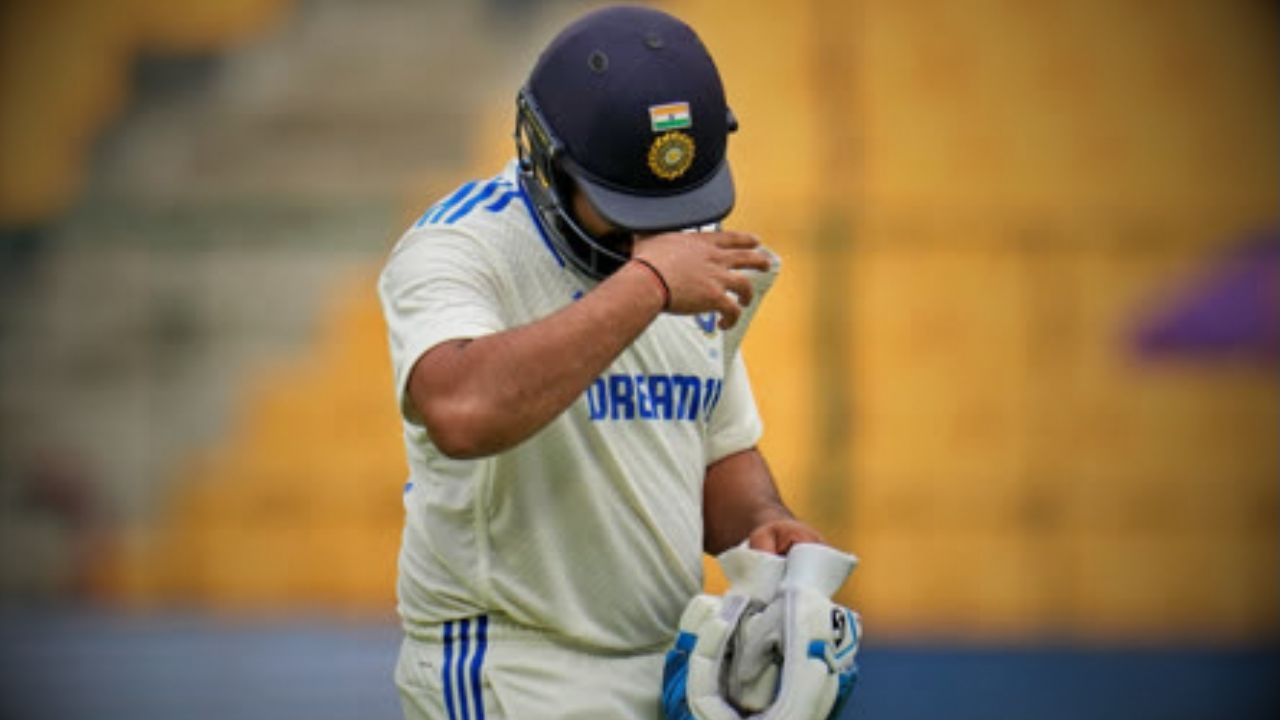In a crushing atmosphere at the Multan Test, the Pakistan cricket team found themselves reeling after a devastating performance against England. After four challenging days of play, England posted an impressive total of 823 runs in their first innings, leaving the Pakistani bowlers struggling to make an impact. This defeat has raised serious concerns and allegations regarding the practices within the Pakistan Cricket Board (PCB), particularly surrounding claims of ball tampering being taught at the domestic level.
Allegations Against PCB’s Domestic Structure
The performance of Pakistan’s bowlers, known for their ability to swing the ball, was surprisingly ineffective in this match. A prominent Pakistani journalist has questioned the integrity of PCB’s domestic cricket system, suggesting that it promotes practices such as ball tampering. According to sources, many bowlers, including Naseem Shah, have reportedly developed the habit of altering the ball to gain an unfair advantage while playing domestically. Such behaviors fall under the category of ball tampering as defined by the International Cricket Council (ICC). The journalist’s allegations indicate that match officials and coaching staff may inadvertently encourage these detrimental practices, which hinder the bowlers when competing at the international level.
Disappointing Bowling Efforts
Pakistan’s bowling line-up faced immense pressure throughout the first innings, with captain Shan Masood deploying seven bowlers—six of whom conceded over 100 runs. Notably, Naseem Shah struggled, giving away 157 runs in just 31 overs, resulting in an economy rate exceeding 5. Shaheen Afridi, often regarded as the spearhead of Pakistan’s pace attack, allowed 120 runs over 26 overs, taking only one wicket. The third seamer, Aamir Jamal, also faced difficulties, conceding 126 runs and taking just one wicket in shorter spells. Such statistics reflect a distressing trend for a team that boasts talented bowlers.
A Historic Defeat on the Horizon
The stakes are especially high for Pakistan as they risk suffering an unprecedented defeat in their 147-year Test history. The narrative of this match took an intriguing turn when Shan Masood elected to bat after winning the toss. Three Pakistani batsmen, including Masood himself, scored centuries, contributing to an impressive total of 556 runs in their first innings. However, England’s extraordinary batting display, led by Joe Root’s remarkable 262 runs and Harry Brook’s astounding 317, propelled them to an overwhelming lead of 267 runs. Faced with this pressure, Pakistan’s batting lineup faltered in the second innings, losing six wickets for just 152 runs. If Pakistan fails to secure a win in this match, it would mark the first instance of a team losing a Test match by more than 550 runs in the first innings.
The Road Ahead for Pakistan Cricket
As the match progresses, the focus sharpens on reforming the practices within the PCB, especially regarding its domestic cricket structure. The allegations of promoting ball tampering must be addressed with transparency and integrity to prevent further damage to the nation’s cricketing reputation. Pakistan’s cricketing future hinges on the lessons learned from this match, and it is essential for the authorities to take immediate action to rectify the ongoing issues and restore confidence in its players and coaching staff.










